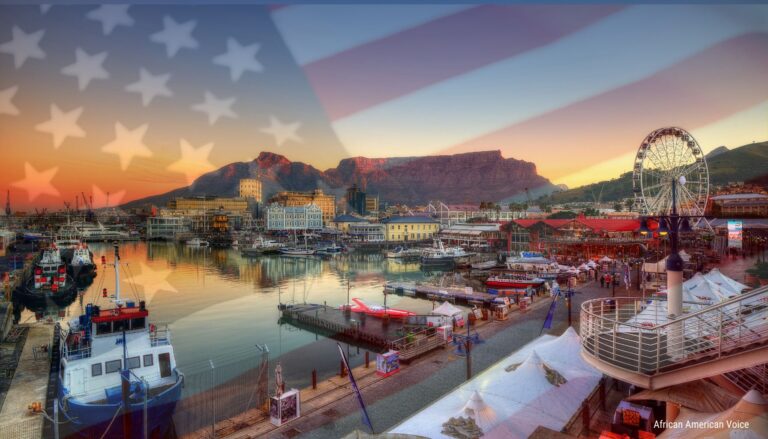
Fighting between the FARDC, M23 and other local militias is increasingly frequent in and around the park, complicating nature conservation work and blocking development projects for the benefit of the impoverished local population in the park. The communities surrounding the park, the wildlife and the forests are at risk because of the war raging in and around Virunga Park.
Virunga National Park was founded in 1925 with the main objective of protecting the mountain gorillas living in the forests of the Virunga Massif. It was the first National Park to be established on the African continent. For more than two decades, the park has faced repeated wars.
A new attack was perpetrated by alleged Mai-Mai in the morning of Monday 6 February 2023 against an ecoguard position in the central sector of Virunga National Park, precisely at Kabasha.
It must be acknowledged that “the East of our country is facing a massive destruction of the environment and biodiversity because of war and insecurity. This park [Virunga Park] has been transformed into a sanctuary for uncontrolled armed groups,” said Eve Bazaiba, Deputy Prime Minister and Minister of the Environment of DR Congo.
With more than 100 armed groups in the vicinity, Virunga Park is once again threatened by the growing clashes between the FRADC and the M23.
Neighbouring communities, wildlife and the park’s forests are at risk because of the war raging in and around Virunga Park. The latest report from the park authorities who have taken refuge in the town of Goma.
The security of the fauna and flora is no longer guaranteed since the M23 rebellion took over a large part of the park. “No controls on gorilla movements at present, uncontrolled access in this area exposes the gorillas to human diseases. The lack of surveillance could increase poaching and expose baby gorillas to poachers’ traps,” explains Bienvenu Bwende, communications officer for Virunga National Park. As for the flora, he believes that there is a “real risk of large-scale deforestation. The example is in Kibati where local people take advantage of the departure of the eco-guards to cut wood in the park and make embers,” he said.
Eve Bazaiba believes that the war is a great loss for the park. “There are rare species such as bonobos, white rhinos and elephants. When there are bombings, these animals cross to the other side of the border. The Democratic Republic of Congo then loses out in terms of ecotourism. It is a loss of wealth for our country.
“It is difficult for us to talk about the overall situation of the fauna and flora in the conflict zone at the moment because, as you know, a large part of the southern sector of Virunga National Park is under the control of the M23 rebels. We don’t have access to the Mikeno sector and all our patrol posts are practically closed,” said Bienvenu Bwende.
In 2022, 157 credits had been disbursed to local entrepreneurs for a total of almost $600,000. “The small businesses benefiting from the project are mainly (flour mill, carpentry, welding, publishing and studio, catering, stationery production industry, poultry house, sewing workshop, hairdressing salon, medical centre, school, delicatessen, electronic workshop, soap factory, cinema, games room, refreshment bar, rope factory, bakery, construction, public secretariat),” according to the annual report on the activities of the Virunga National Park.
But this project, like so many others, has now been suspended because of the war.
For the Virunga National Park administration, the government must do everything possible to restore security in the province for the good of all.
“Peace is not only a demand of the park but of the whole population because the war has put everyone in difficulty. For us, what is important is to regain control of this park and to continue the protection of the fauna and flora in this area of the park,” said Bienvenu Bwende.
Thomas D’Acquin Mwiti is the vice president of civil society in the DRC. For him, the population of North Kivu is resilient. “It is possible that the people living around the park take care of themselves. There are several development initiatives that are being carried out at local level and by civil society. The park also has several projects that it carries out annually for the benefit of the people living around the park, but this can only work if security is guaranteed in and around the park,” he says.
“The ICCN notes with regret the resurgence, in recent months, of attacks on ecoguards committed to the conservation of the Virunga National Park while they do their work in accordance with the law and requests the assistance of both military and civilian authorities to put an end to this macabre phenomenon,” said the park administration in a statement issued in February.
Source: Published without changes from Zenger News







